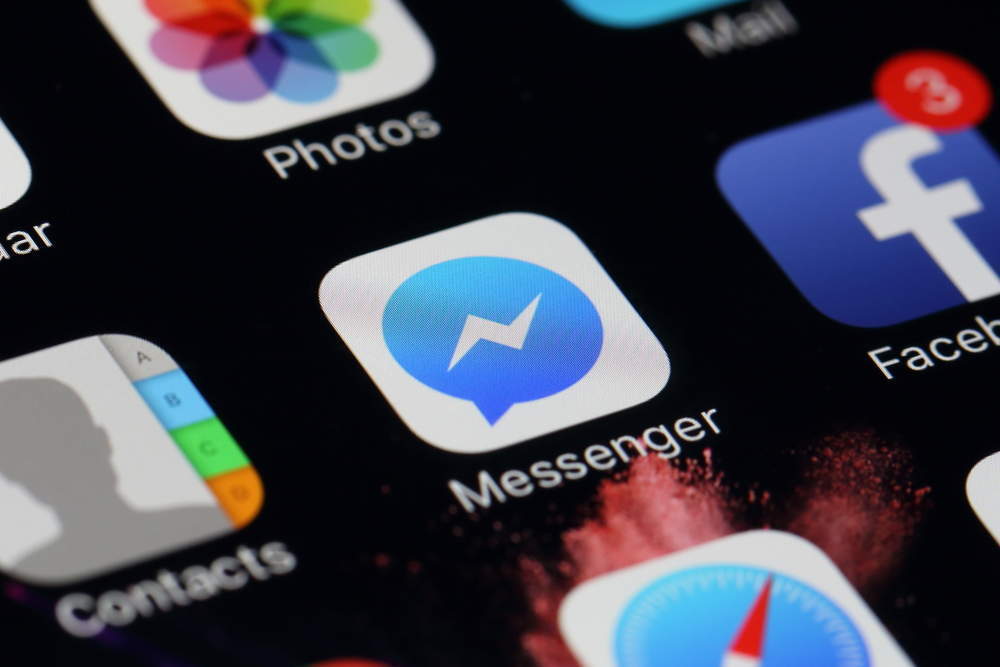Facebook is turning the humble chatbot into a global business platform featuring an always-on, super-helpful, and chattily suggestive new digital personal assistant.
But M doesn’t just listen in, she’s got ideas of her own, too.
It wasn’t so long ago that people were concerned the likes of Snapchat and Facebook might struggle to monetise their chat apps.
Sure, various apps were quickly gaining millions of users, but where was the monetisation strategy?
Enter, chatbots
In the coming weeks M – Facebook’s newly enhanced, artificially intelligent virtual digital assistant is getting rolled out with Facebook Messenger 2.0.
During Facebook’s recent F8 developers’ conference, the social network revealed a number of new bot discovery tools which will allegedly help end-users find and engage with businesses to turn the humble chat app into an e-commerce ecosystem.
How well do you really know your competitors?
Access the most comprehensive Company Profiles on the market, powered by GlobalData. Save hours of research. Gain competitive edge.

Thank you!
Your download email will arrive shortly
Not ready to buy yet? Download a free sample
We are confident about the unique quality of our Company Profiles. However, we want you to make the most beneficial decision for your business, so we offer a free sample that you can download by submitting the below form
By GlobalDataThe new features include a discover tab, QR codes, chat extensions, rich gameplay, a much-needed search engine, and developer tools to build smart replies for chatbots.
The goal is to help Facebook’s partner businesses – which do have established revenue streams – better leverage Messenger.
We’re all highly suggestible, don’t you know
M Suggestions is arguably the feature that most end-users will notice first, because in its new guise, M will (supposedly) be more helpful that the average virtual assistant.
M will be proactively making recommendations and taking next-step digital e-commerce actions, as well as reactively answering questions from end-users.
M, herself, is part of Silicon Valley mythology.
Facebook rolled the digital assistant out to a select number of beta testers in 2015.
Back then, M was a text-based assistant that could do things like returning web-based answers to text questions and ordering pizza.
But the Facebook Messenger 2.0 version of M will be more proactive – listening into chat conversations and using context and AI learning to recommend next steps.
How does it actually work?
M Suggestions will work like this: If two end-users are chatting about grabbing a bite to eat at the new sushi restaurant next week, M Suggestions might suggest a number of next-step actions from entering a diary appointment, to ordering an Uber.
Having dealt with the logistics, M might then offer to book a reservation at the restaurant, or dial the number.
Importantly however not everyone will get the same experience.
Since M is a learning bot, she’ll be personalising her level of proactivity based on each user’s comfort level.
In other words, M will get more suggestive with each positive engagement; scaling back on recommendation for those who react negatively, boosting it for those who embrace it.
Will M Suggestions ever go global?
That’s unclear, but the more likely answer is no time soon.
To be sure, Facebook has been on the bot journey for some time, and some of its very first moves in this space attracted over 100,000 interested businesses.
But the focus and roll-out is clearly on the US market in this early phase.
And it’s more likely that some of those other new features launched earlier this month as part of the Messenger 2.0 experience – such as Chat Extensions, which will allow multiple users in a group conversation to chat to a company at the same time, or content integration with Spotify and Apple Music – will make it beyond US borders first.








Related Company Profiles
Spotify AB
Meta Platforms Inc